Food delivery workers campaign
In May 2023, we launched a national education and communication campaign for food delivery workers, Deliver yourself home safely. The campaign aims to increase knowledge and awareness of work health and safety (WHS) for food delivery workers as well as increase positive safety behaviours.
Research conducted on behalf of Safe Work Australia in 2022, showed that food delivery workers are unsure of the roles and responsibilities of key stakeholders operating in the WHS space, including Safe Work Australia, WHS regulators, and workers' compensation authorities. One of the calls-to-action for the campaign is to contact your WHS regulator/Workers' compensation authority for information applicable to each state or territory.
The campaign has been translated into 6 languages: Mandarin, Punjabi, Nepali, Hindi, Vietnamese and Urdu and there are a range of resources available including posters, fact sheets, infographics, checklists and a campaign kit.
The Deliver yourself home safely campaign will run from 3 May to September 2023 and is complemented by targeted digital display and digital social advertising and culturally and linguistically diverse community and stakeholder engagement activities.
For more information, go to the Deliver yourself home safely website.
National Safe Work Month
We have delivered a National Safe Work Month campaign annually in October since 2009. National Safe Work Month aims to improve the wider community’s awareness and knowledge of WHS and workers’ compensation by providing access to a range of resources, provoking discussion and showcasing good work health and safety practice.
The campaign encourages everyone to participate in activities which promote work health and safety during October.
For more information, go to the National Safe Work Month page.
Workers' compensation stigma
We launched an awareness campaign to increase understanding of workers’ compensation stigma, and what can be done to reduce it, in May 2023.
Workers’ compensation provides an important safety net to support people who become ill or injured because of work. Workers’ compensation stigma occurs when there is discrimination against or stereotyping of a worker seeking workers’ compensation. It can prevent injured or ill workers from making a claim or impact their recovery.
As part of the campaign we developed new practical resources to help employers, supervisors and workers to reduce workers’ compensation stigma. The resources include fact sheets, case studies, posters and infographics. By understanding what workers’ compensation stigma is, where it can occur, and how to identify it, we can take action to reduce it.
To download the resources and find out more about about the campaign, go to the Workers' compensation stigma page.
World Day for Health and Safety at Work and Workers’ Memorial Day
Friday 28 April 2023 is World Day for Safety and Health at Work (World Day) and Workers' Memorial Day.
Our latest data shows that in 2021, 169 workers were fatally injured at work in Australia. Any fatality at work is unacceptable. World Day is a good time to recognise the importance of work health and safety to prevent any work-related fatalities and injuries.
This year’s theme for World Day is ‘A safe and healthy working environment is a fundamental principle and right at work’.
Accompanying World Day, the International Trades Union Congress has set the theme for Workers' Memorial Day 2023 as ‘Remember the dead, fight for the living’.
We encourage everyone to recognise the importance of health and safety in the workplace by promoting World Day and Workers' Memorial Day on 28 April 2023.
For more information and to download resources to recognise the day in your workplace, go to the World Day for Health and Safety at Work and Workers’ Memorial Day page.
Occupational lung disease campaign
In May 2021, we launched a national education and awareness campaign for occupational lung diseases. The campaign focuses on micro and small to medium businesses in the key industries of manufacturing, construction, agriculture and engineered stone workers. The campaign ran through to the end of 2021.
For more information, go to the Occupational lung diseases campaign page.

